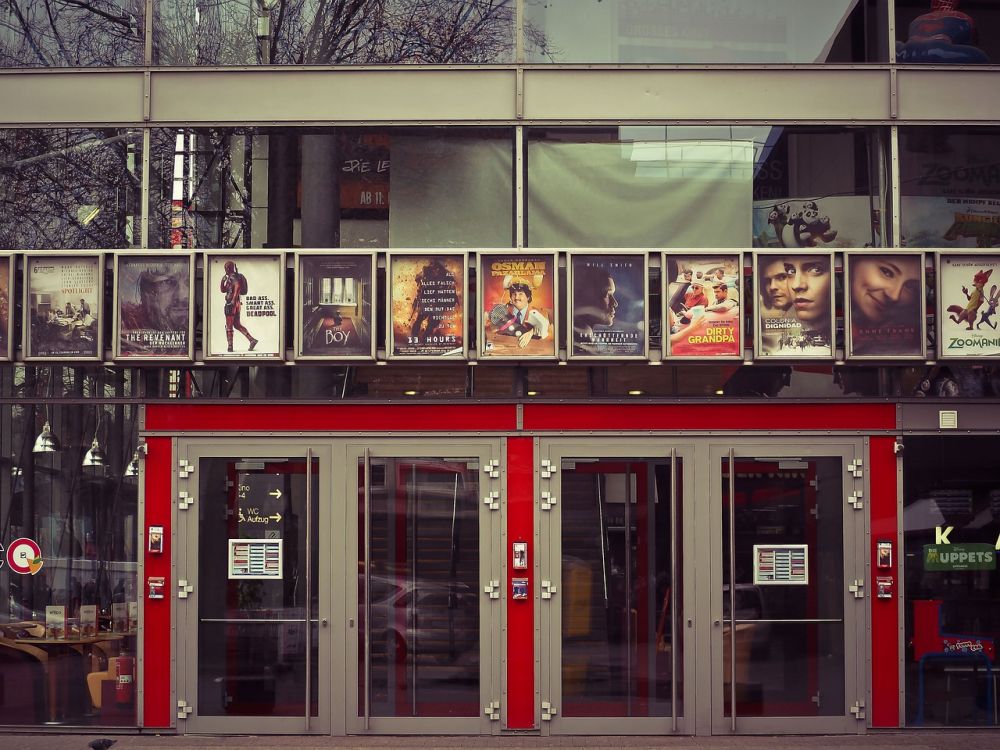Amsterdam Film: Exploring the Rich History and Vibrant Present

Introduction:
Amsterdam has long been renowned for its thriving film scene, attracting filmmakers and cinephiles from around the world. With its picturesque canals, historic architecture, and vibrant culture, the city itself serves as a stunning backdrop for countless films. In this article, we will delve into the world of Amsterdam film, exploring its importance, historical development, and the key highlights that make it an intriguing subject for film enthusiasts.
I. Understanding Amsterdam Film:

Amsterdam Film encompasses both the movies made in the city and the films that showcase Amsterdams unique character and atmosphere. The city’s distinct features, including its iconic canals and well-preserved architecture, have made it an attractive setting for both local and international filmmakers. The fusion of the traditional and the avant-garde in Amsterdam’s cultural landscape has also shaped the city’s cinematic identity.
– Amsterdam Film represents a diverse range of genres and themes, from historical dramas to contemporary comedies. It captures the essence of the city, portraying its multiculturalism, liberal social attitudes, and artistic creativity.
– The film industry in Amsterdam extends beyond the production of movies. It includes film festivals, museums, and institutes dedicated to film preservation and education, making it a hub for film enthusiasts and professionals alike.
II. Historical Evolution of Amsterdam Film:
To fully appreciate Amsterdams cinematic history, it is crucial to trace its evolution from its early days to the present. The following key points highlight significant milestones in the development of Amsterdam Film:
1. The Silent Era (1895-1930):
During the silent film era, Amsterdam witnessed a surge in movie theaters and film production companies. Tent cinemas, known as “tentbio’s,” were popular among the working class, showcasing short films and newsreels. The screening of silent films was accompanied by live pianists or small orchestras, adding to the overall cinematic experience.
2. Dutch Cinema Renaissance (1950s-1960s):
After a decline during World War II, the Dutch cinema industry experienced a renaissance in the 1950s and 1960s. This period saw the emergence of talented Dutch filmmakers like Fons Rademakers and Paul Verhoeven, who gained international recognition for their work. The Dutch New Wave movement, characterized by a departure from conventional narratives and a focus on social issues, brought a fresh perspective to Amsterdam Film.
3. Global Success and International Co-productions (1980s-present):
In recent decades, Amsterdam Film has achieved worldwide acclaim, thanks to filmmakers like Paul Verhoeven, who successfully transitioned to Hollywood. The city’s open-minded atmosphere and production incentives have attracted international productions, resulting in successful co-productions and collaborations.
III. The Highlights of Amsterdam Film:
Amsterdam Film has produced numerous notable movies and filmmakers throughout its history. Here are some standout examples:
1. “Ciske de Rat” (1955):
Directed by Wolfgang Staudte, this popular film tells the story of the eponymous young street delinquent living in Amsterdam during the 1930s.
2. “The Fourth Man” (1983):
Paul Verhoevens psychological thriller is a prime example of his provocative style, blending eroticism, religious symbolism, and suspense in a story set against the backdrop of Amsterdam.
3. “Amsterdamned” (1988):
A cult classic in Dutch horror cinema, directed by Dick Maas, this film combines the atmospheric canals of Amsterdam with a serial killer storyline, creating a unique and thrilling experience.
Conclusion:
Amsterdam Film remains a captivating subject for film lovers, providing a unique perspective on the city’s history, cultural heritage, and artistic expression. From its humble beginnings during the silent era to its booming success in the global film industry today, Amsterdam Film continues to evolve and captivate audiences worldwide. Whether you are interested in exploring Dutch cinema or simply appreciating the beauty of Amsterdam on-screen, the city’s rich film heritage offers a cinematic experience that is both historically significant and contemporary in its appeal.











